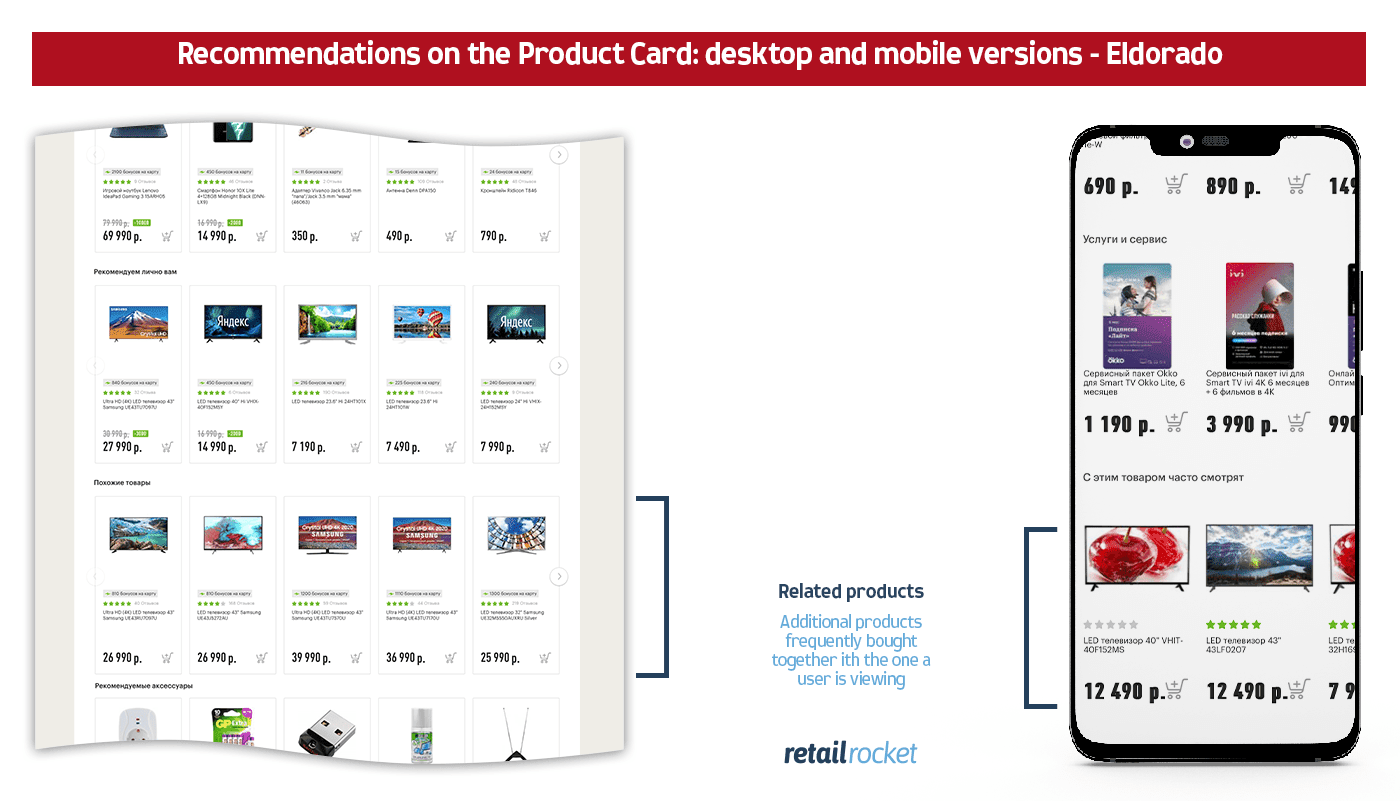Retail Rocket, a retention management platform for brands, today announced that it raised $24 million in a Series A round led by Cyprus-based private equity fund Flintera. In addition to the fundraising, Retail Rocket revealed that it acquired SailPlay, a startup developing software to help retailers build loyalty programs and send mass message campaigns.
New York-based SailPlay had raised $3.3 million prior to the acquisition. Founded in 2013 by Leonid Shangin and Yakov Filippenko, the company offered services to collect customer data and leverage it to create games, texts, and tasks designed to encourage repeat business.
As for Retail Rocket, it launched in 2012 headed by Moscow Business School of Management classmates, Nick Khlebinsky and Andrey Chizh, who’d attempted but failed to gain traction with several startups. The learnings from their previous efforts were the springboard for Retail Rocket, which after multiple pivots eventually grew its customer base to over 1,000 companies including Nintendo, Puma, and Decathlon.
“The digital marketing world is growing very fast and the demand for highly-skilled professionals is constantly increasing,” CEO Khlebinsky said. “The complexity of digital marketing tools is booming too — just several years ago we couldn’t imagine the technologies we use today.”
According to Khlebinsky, Retail Rocket uses a mathematical model to segment first-time buyers of a company’s product. By analyzing their actions — for example, the links they click on — the platform attempts to figure out their wants and preferences.

Image Credits: Retail Rocket
Retail Rocket also offers tools for campaign management like email marketing and web-based push notifications, as well as an engine that attempts to identify the best timing and communication channel (e.g., SMS) to make personalized offers. The goal is to create a “system of loyalty and retention management” for both online and offline customers, Khlebinsky said, that ultimately boosts business.
“We work with ecommerce on a performance-based pricing model,” Khlebinsky explained. “In most countries, the pandemic lockdowns spiked online sales, thus we experienced a temporary revenue increase. After the lockdown ended, there was a decrease, but to levels exceeding the pre-lockdown months, because a lot of people were forced to change their buying habits towards online shoppings.”
Absent independent reviews of Retail Rocket’s platform, it’s unclear whether its approach might beat out rivals like SalesForce, SAP, Bloomreach, and Dynamic Yield. But the promise of software that predictably drives repeat business is alluring. According to HubSpot, a mere 5% increase in customer retention can boost profits by 25% to 95%.
Retail Rocket has around 150 employees spread across offices in the Netherlands, Germany, Spain, Italy, and Chile, and it plans to double down on mergers and purchases in the coming months. Sources close to the company tell TechCrunch that Retail Rocket has $50 million set aside for acquisitions alone.
“Retail Rocket popped on our radars thanks to their international expansion and ability to set up sales teams in Europe and Latin America,” Flintera partner Sergey Vasin said in a statement. “We were impressed with the company’s results given the limited amount of investment they raised. The company was bootstrapping its growth after the seed round. Despite that, the efficiency of Retail Rocket products surpasses those of international competitors. We expect that the global e-commerce market will continue its growth at more than 10% per annum, with Latin America leading the race.”















 English (US) ·
English (US) ·